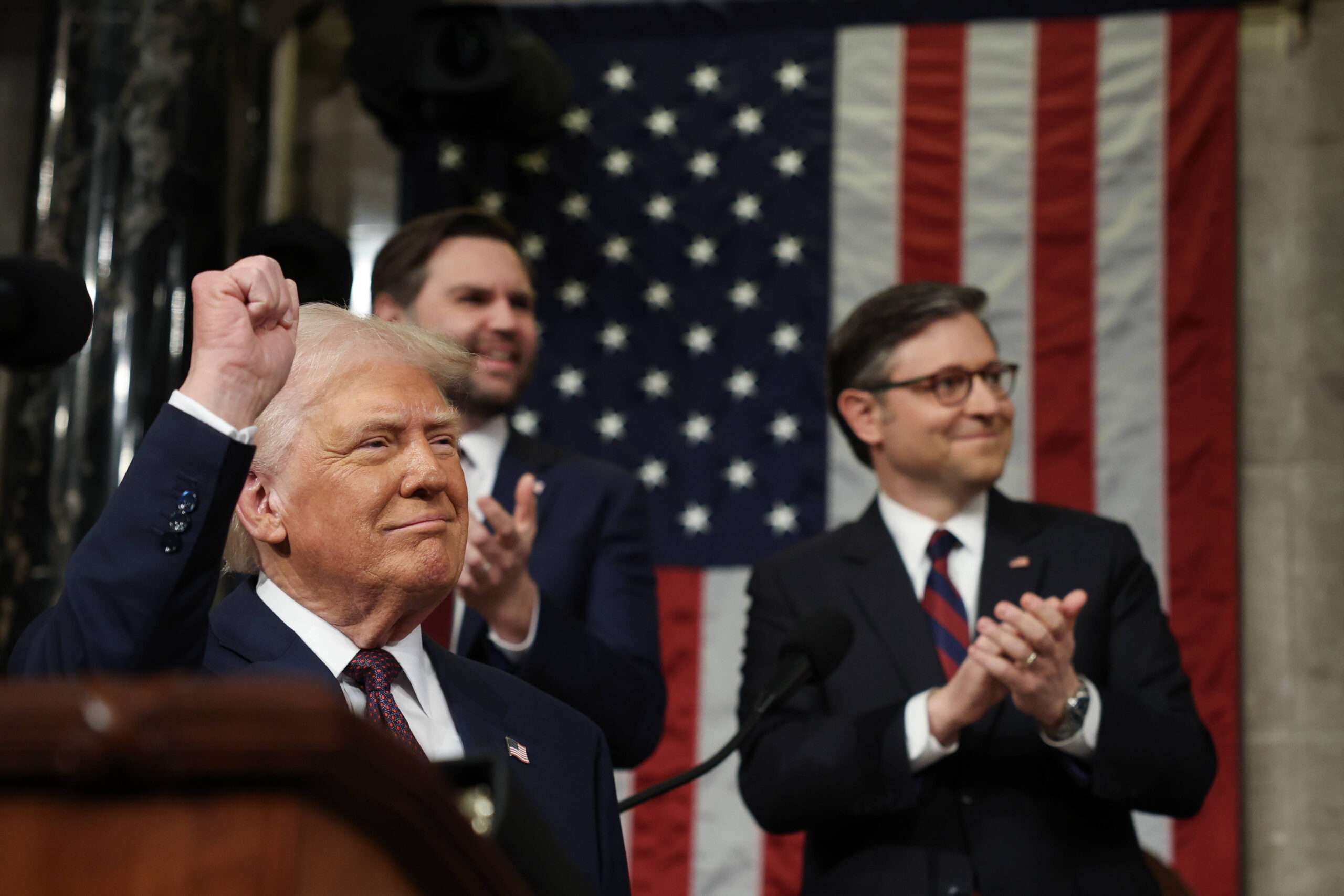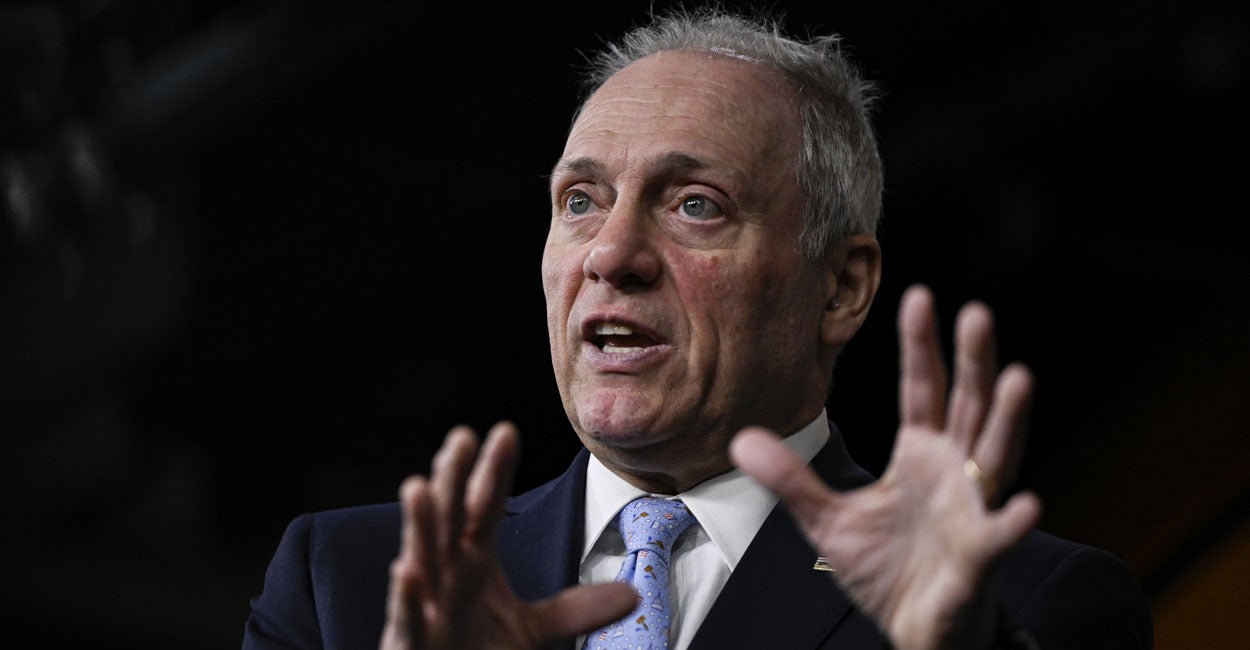CBO Reports Mixed Impact of Trump's Tariffs Amid Legislative Turmoil
The CBO's new analysis reveals Trump's tariffs could reduce the deficit but raise inflation, as Senate resistance grows against his proposed spending bill.
Subscribe to unlock this story
We really don't like cutting you off, but you've reached your monthly limit. At just $5/month, subscriptions are how we keep this project going. Start your free 7-day trial today!
Get StartedHave an account? Sign in
Overview
The Congressional Budget Office (CBO) has released a new analysis indicating that President Trump's tariffs could reduce the federal deficit by $2.8 trillion over the next decade, despite raising inflation and shrinking the economy. This comes as Trump doubled tariffs on steel and aluminum from 25% to 50%. Meanwhile, the CBO's earlier report projected that Trump's proposed spending bill would add $2.4 trillion to federal deficits over ten years, igniting political backlash from both parties. Senate Republicans are now demanding significant changes to the bill, which faces increasing resistance, particularly regarding its impact on Medicaid and tax policies.
Report issue

Read both sides in 5 minutes each day
Analysis
- The articles critically assess President Trump's proposed legislation, warning it could significantly increase the federal deficit.
- The second article neutrally explores the role of the CBO in the debate over Trump's tax bill, presenting various political perspectives.
- Overall, the coverage reflects concerns about fiscal responsibility while acknowledging the complexities of budgetary projections.
Articles (9)
Center (2)
FAQ
President Trump's tariffs are projected to shrink the economy and increase inflation. The CBO estimates that the tariffs will raise inflation by an annual average of 0.4 percentage points in 2025 and 2026. Additionally, they are expected to reduce long-run GDP by about 6% and wages by 5%.
Trump's tariffs are expected to reduce the federal deficit by $2.8 trillion over the next decade. However, his proposed spending bill could add $2.4 trillion to federal deficits over the same period, leading to political backlash[1].
President Trump's tariff policies have included significant increases, such as doubling tariffs on steel and aluminum from 25% to 50%. Recently, he imposed a 10% tariff on all countries effective April 5, 2025[4].
History
- 5M

 3 articles
3 articles







